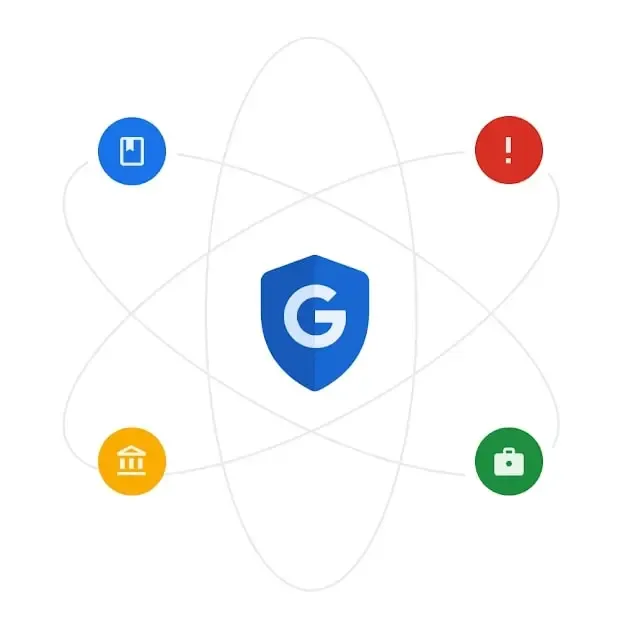Is Google’s 'Safety Charter' the Key to Protecting Indians from Online Frauds?

Synopsis
Key Takeaways
- Safety Charter aims to protect users from online fraud.
- Digikavach program empowers over 17.7 crore Indians.
- AI advancements are significantly improving fraud detection.
- Google.org's $20 million commitment to cybersecurity.
- Collaboration with IIT-Madras on Post-Quantum Cryptography.
New Delhi, June 17 (NationPress) On Tuesday, Google unveiled a significant initiative aimed at enhancing the safety of India's digital environment by introducing its new ‘Safety Charter’ during the ‘Safer with Google India Summit’.
This initiative aims to safeguard users against online fraud, improve cybersecurity for essential infrastructure, and promote responsible development of AI.
The Safety Charter is constructed around three primary objectives: protecting internet users from scams and fraud, fortifying cybersecurity for governments and businesses, and creating responsible AI systems that prioritize public safety.
As part of this initiative, Google’s 'Digikavach' program has already reached over 17.7 crore individuals, equipping them with AI-driven tools and awareness campaigns to combat financial scams.
Thanks to AI advancements, Google’s systems are becoming increasingly effective, with its Search feature now identifying 20 times more scam websites. Additionally, there has been an 80% reduction in scam attacks on customer service and a 70% drop on government platforms.
In terms of messaging, Google Messages is actively blocking over 500 million scam texts each month.
Google Pay, which enjoys widespread usage in India, has issued more than 4.1 crore alerts to caution users about potential frauds and has played a vital role in averting fraud amounting to Rs 13,000 crore in 2024 alone.
The company’s safety application, Google Play Protect, has prevented nearly 6 crore risky app installations across 1.3 crore devices since its introduction in India in October 2024.
Globally, Gmail is automatically blocking over 99.9% of spam, phishing attempts, and malware.
On a broader scale, Google is enhancing cybersecurity by implementing a new AI-driven strategy to detect threats early and disseminate that information to other companies and governmental organizations.
The company’s project zero team, in collaboration with DeepMind, has utilized AI to uncover dangerous vulnerabilities in widely-used software like SQLite before they can be exploited by attackers.
To bolster the ecosystem, Google.org has committed $20 million to extend the Asia-Pacific Cybersecurity Fund, including $5 million to The Asia Foundation.
This funding will establish 10 new cyberclinics in the region and collaborate with Indian universities to educate students and small businesses on digital safety.
Furthermore, a significant partnership has been formed with IIT-Madras to advance Post-Quantum Cryptography, which will enhance the security of India’s digital systems against future cyber threats.
Google’s leadership emphasized that safety is integral to their design and technology. Preeti Lobana, Vice President and Country Manager for Google India, stated that fostering trust in India’s digital infrastructure is essential for the nation’s developmental objectives.
She remarked that Google’s AI systems are already adept at detecting previously unseen scams and attacks, thereby providing users with an extra layer of security.
Heather Adkins, Google's Vice President of Engineering for Security, indicated that online threats are evolving at unprecedented speed. She highlighted that AI’s capacity to learn, reason, and operate at scale allows defenders to stay ahead of attackers like never before.









